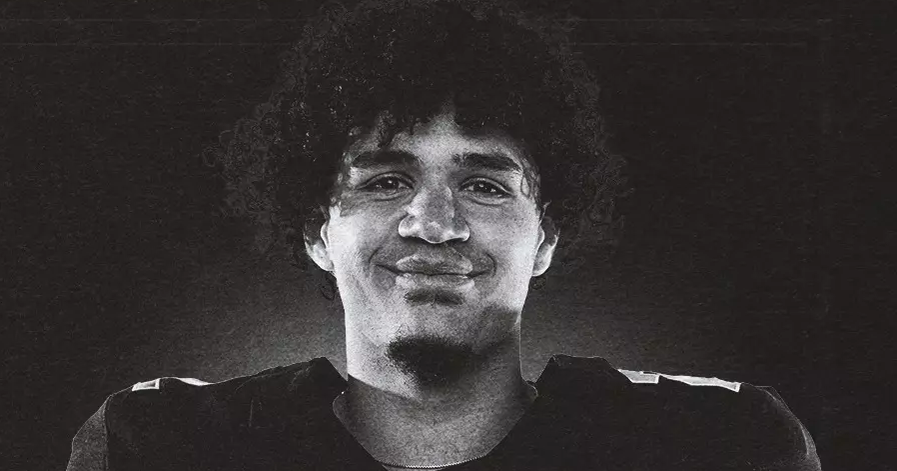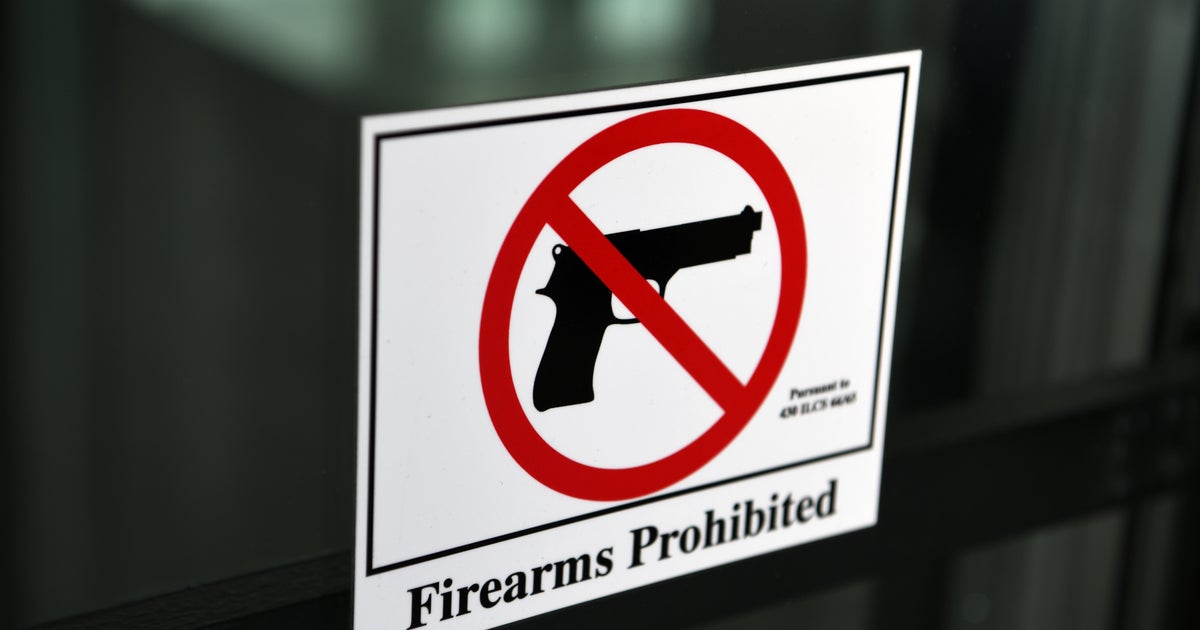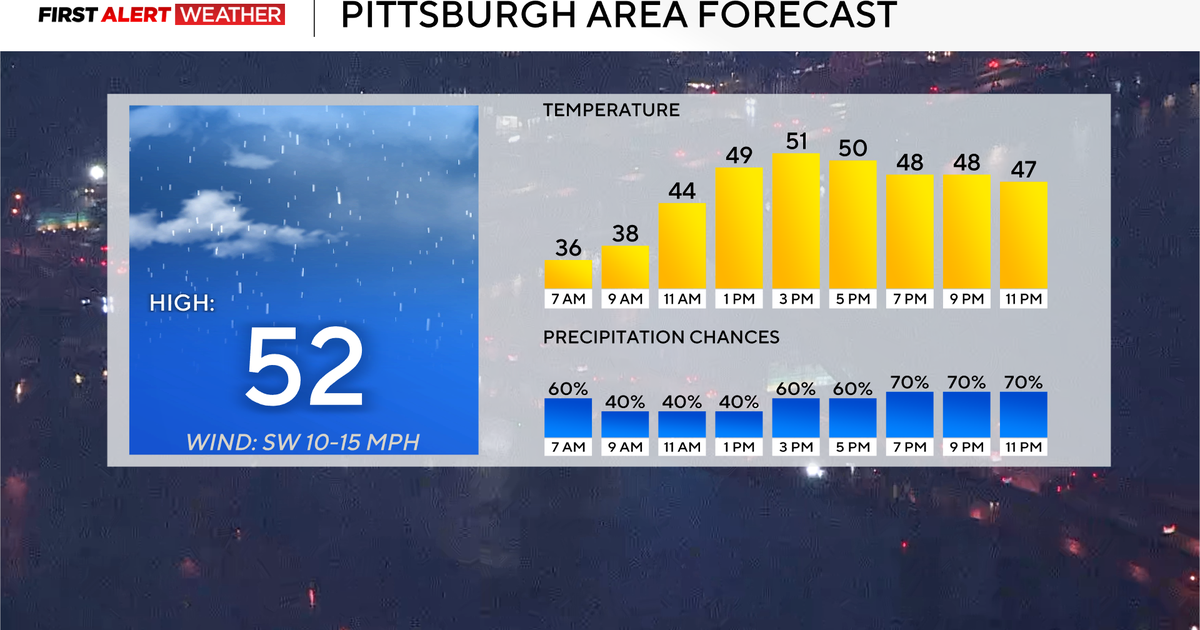CU Professor Says Obama Has Chance Make Supreme Court Shift
BOULDER, Colo. (CBS4) - President Obama's reelection was significant not only for the Oval Office, but also because the president could be nominating at least one justice to the U.S. Supreme Court.
Four of the justices are nearing 80 years old. If any retire in the next four years the court would change dramatically. A court that shifts to the left would impact laws for decades to come.
There are nine justices on the Supreme Court -- a court that leans to the right. It's composed of four liberal justices, four conservatives and the conservative-leaning Anthony Kennedy, who is a swing vote.
Four of the justices -- Ruth Joan Bader Ginsburg, Antonin Scalia, Stephen Breyer and Kennedy are all nearing 80 years old. If Scalia or Kennedy retire the court will likely shift to the left, impacting laws for decades to come.
The Supreme Court has the last say on some of the nation's most divisive issues, and under Obama its ideological balance could change for the first time in nearly a generation.
Scott Moss, a University of Colorado law professor and expert on the Supreme Court, says a shift on the court would likely shift law on a wide range of issues.
"Affirmative action, civil rights, class action, voting rights, gay marriage," Moss said.
The recent ruling on Obamacare and restructuring of the nation's campaign finance system highlight the stakes.
Moss says while the conservatives may try to delay retirement, history is filled with justices who left under presidents not of their liking.
"We've had Justice Douglas forced by health to retire during the presidency of the man who tried to impeach him, Gerald Ford," Moss said.
Moss says even if Obama does get to replace a conservative the nominee is unlikely to be far left.
The Senate has to confirm the appointment.
"You're going to see a president needing to figure what nominee can get five Republicans to agree not to filibuster, and that's a tall order when replacing a conservative or moderately conservative justice like Kennedy or Scalia," Moss said.
The last time a president replaced a justice of a different ideology was in 1991 when George H.W. Bush appointed the conservative Clarence Thomas to replace the liberal Thurgood Marshall.
The impact of a Supreme Court appointment goes beyond his or her political leaning. Richard Nixon was the last president who got four appointees, as President Obama might.
"Every decade or so the court hits a new batch of issues, so President Nixon got elected as law and order president who appointed law and order justices," Moss said. "He did. His appointees brought back the death penalty, for example, but nobody knew that a lot of what his court would do is hear abortion cases."
Two of Nixon's four appointees voted for Roe V. Wade. So while Obama may have the opportunity to reshape the high court, how that affects the rulings that determine the course of the nation may not be known for years to come.
In addition to Supreme Court justices, the president also appoints judges to the nation's appellate and district courts, which render far more rulings than the Supreme Court. There are nearly 1,000 of those judges and their appointments are also for life, making their decisions long-lasting.







